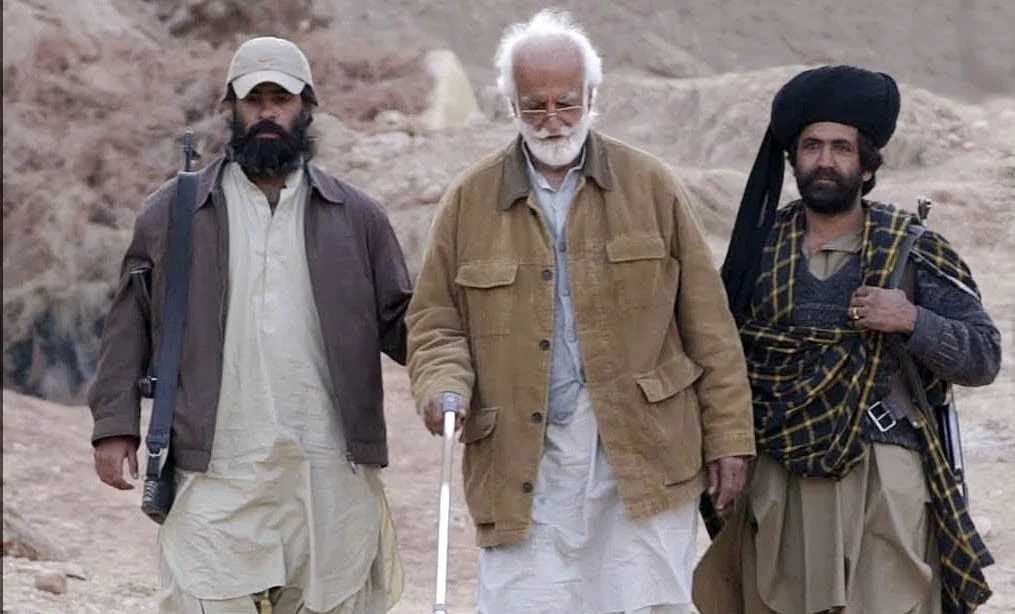
77 years after independence, Pakistan has yet to become the country of its imagining. The Pakistani state continues to rule with an iron fist and refuses to treat all of Pakistan’s sub-nationalities as equal citizens. This is evident most clearly in Balochistan.
In a recent column, Aasim Sajjad Akhtar notes sadly that “Balochistan has bled for so long that the mainstream Pakistani consciousness has turned it into the background. Yet every so often, the Baloch national question is thrust into the spotlight, and everyone suddenly becomes an expert on everything Balochistan.”
Akhtar argues that the gruesome killing of civilians of Seraiki and Punjabi backgrounds in Musakhel “is a microcosm of everything that is wrong about the way most Pakistanis, particularly in the core regions of our highly fragmented country, conceive of the Baloch question.”
First, he states, “came the frenzied demands for retribution. Expressing outrage at the killings is one thing, but giving the state license to crush ‘terrorism’ is another thing altogether. The current insurgency in Balochistan has raged for almost two decades and was originally triggered by the dictatorial regime of General Pervez Musharraf, who, some readers will remember, publicly announced ‘they won’t know what hit them’.”
Second, Akhtar points out “was the lack of knowledge about Balochistan on display. Then there was almost total neglect of the fact that Pashtuns, Hazaras, Punjabis, Seraikis and others also call Balochistan their home.”
Finally, Akhtar writes, “there was the reduction of the entirely organic Baloch national question to great games and international conspiracies. It is certainly not implausible that there are regional and global players active in Balochistan, but the concerns that many Baloch have vis-a-vis the grand ‘developmental’ claims of projects like CPEC are long-standing and undeniable.”
As Akhtar laments “Yet all of this seems to matter little in a social media universe where nuance, history and facts count for little. It is also telling how supposedly broad-based consensuses around matters like enforced disappearances and ethnic profiling dissipate rapidly, and so many people outside the ethnic peripheries start displaying outright racism by calling for a boycott of Quetta cafes and banishing Baloch students from Punjab.”
In conclusion, Akhtar warns, “there is little evidence that the master strategists who run this country are interested in genuinely resolving the eight-decade-old Baloch question. Working people from Punjab to Balochistan are not perpetrators of hate. They can, however, become conveyor belts for the politics of hate. It is this which must be resisted at all costs.”
![]()





